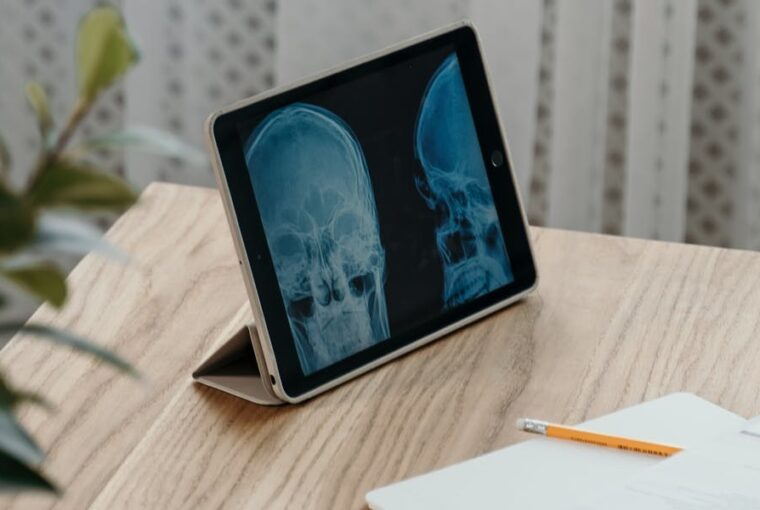Traumatic brain injuries, or TBI in short, are among the more serious types of injuries that victims of accidents may end up with. The consequences of TBIs are nasty, often leaving victims suffering for the rest of their lives.
It is important for the victim to get compensation for their traumatic brain injury. One way of doing this is by seeking the services of an experienced personal injury lawyer to handle a brain damage claim. With the help of a lawyer, victims can take all their injuries and losses into consideration and acquire fair compensation. The lawyer will also assist the victims with all aspects of a traumatic brain injury claim.
This article aims to shed light on everything related to TBIs, with extra focus on their symptoms. When you’re armed with this knowledge, you’ll understand how deadly TBIs are.
What is a Traumatic Brain Injury?
A TBI occurs when a person receives a sudden jolt or blow to the head. An object piercing the skull can also lead to a TBI. The consequences related to TBI can be short- or long-term. There are reports that say the TBI is the major cause of death and disability in the US.
TBIs are of two types. Each has its own set of complications.
- Penetrating TBI: These are also known as open TBIs. This type of TBI is caused when a foreign object pierces the skull and directly injures the brain. Foreign objects that cause penetrating TBIs are usually knives, bullets, and shrapnel.
- Blunt TBI: As the name suggests, blunt TBIs occurs when an object forcefully hits the victim’s head. The force results in the brain bouncing around inside the skull. A blunt TBI is also known as a closed-head TBI.
Depending on the intensity of the injury, TBIs can be either mild, moderate, or severe.
Mild TBIs account for 75% of all TBI cases, but they tend to cause serious and life-altering conditions.
Symptoms of Traumatic Brain Injuries
It is important to stay aware of the symptoms of TBIs. Timely identification of symptoms helps in seeking immediate attention.
Regardless of symptoms, accident victims should visit a hospital as soon as possible. This is because not visiting a hospital after an accident is a commonly used defense in brain injury claims.
Here are the symptoms of TBI. The symptoms mentioned are split into two based on the severity of the TBI.
Mild TBI
The following sections list the physical, sensory, and cognitive symptoms of a mild TBI.
- Physical
- Nausea
- Headache
- Fatigue
- Speech problems
- Dizziness
- Sensory
- Blurred vision
- Ringing sensation in the ears
- Increased sensitivity to light and sound
- A bad taste in the mouth that lingers
- Issues with identifying smells
- Cognitive
- Loss of consciousness
- Regular mood swings
- Sleeping issues
- Depression
- Anxiety
- Disorientation
- Memory issues
- Concentration problems
Moderate to Severe TBI
Some of the symptoms of moderate or severe TBI might mirror those of mild TBI. Additionally, the symptoms may not show up immediately for a few hours or even days after the accident.
Here are the symptoms of moderate to severe TBIs.
Physical
- Loss of consciousness
- Pupil dilation
- Recurring headaches
- Fluid discharge from the nose or ears
- Numb fingers or toes
- Nausea
- Vomiting
- Trouble waking up from sleep
- Seizures
- Balance and coordination issues
Cognitive
- Confusion
- Concentration issues
- Short-term memory loss
- Anxiety
- Depression
- Anger issues
- Irritable mood
- Unexplained sadness
- Judgment issues
- Coma
Final Thoughts
It is crucial to stay informed about the symptoms of a TBI. Not taking a TBI seriously can lead to severe health issues, namely
- Alzheimer’s Disease
- Brain Bleed
- Depression
- PTSD
- Permanent Brain Damage
- Disability
- Anxiety
Conditions like this make TBIs a devastating condition.
Also, don’t forget to hire an experienced lawyer for your traumatic brain injury claim.




